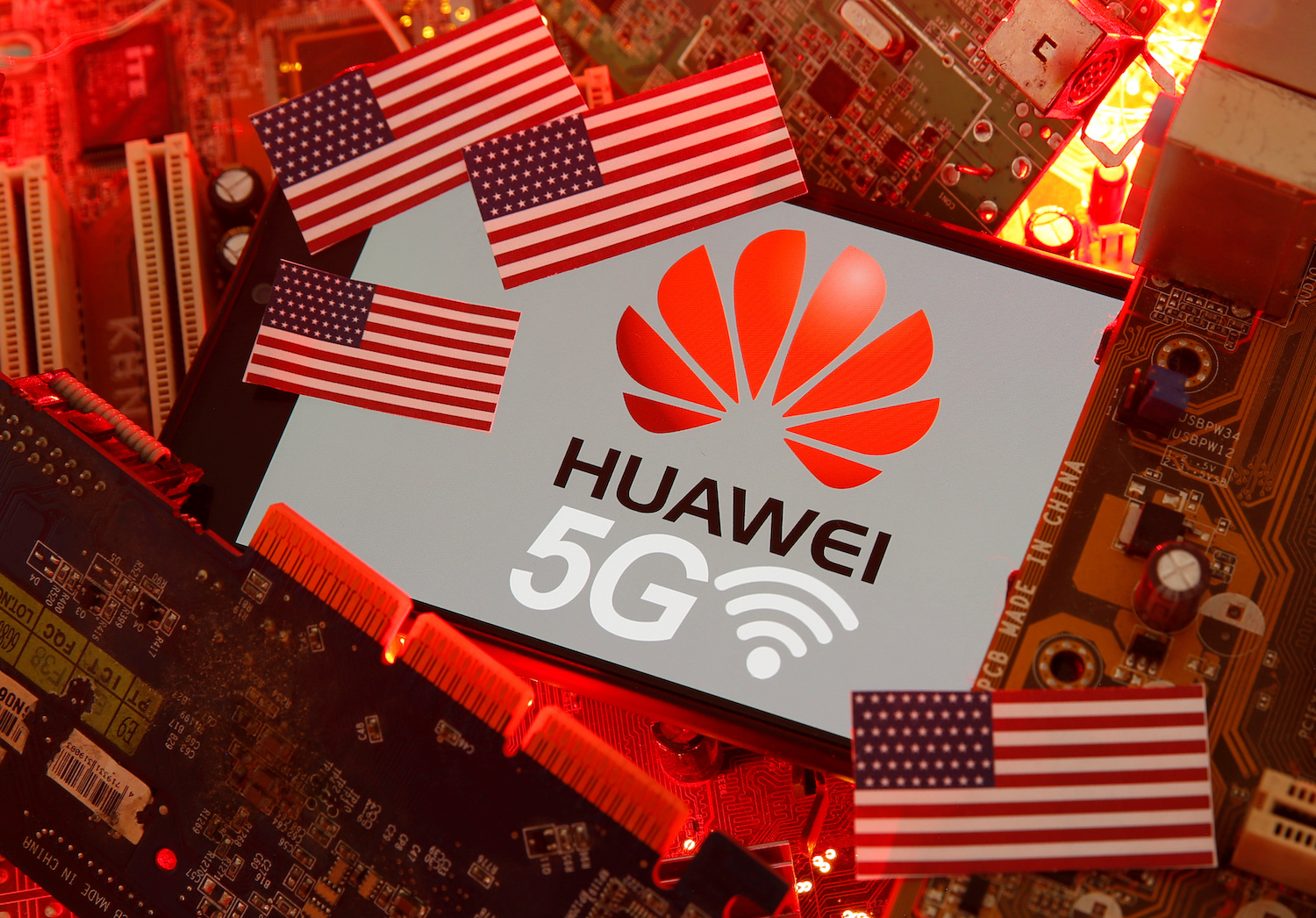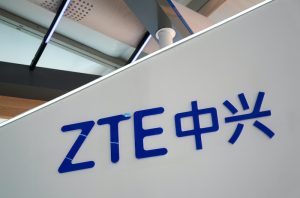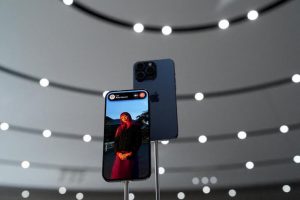(ATF) The Biden administration this week amended licenses for companies to sell to Huawei, adding new restrictions preventing companies from supplying items that can be used with 5G devices, while India is expected to put Huawei on a procurement blacklist, according to reports on Thursday March 11.
The US changes could disrupt existing contracts with Huawei, based on previous licenses approved for suppliers, which they may no longer be able to deliver on, sources told Reuters.
A US Commerce Department spokeswoman declined to comment, saying the licensing information is subject to confidentiality.
The Biden administration is reinforcing a hard line on exports to Huawei that was taken while Trump was president, as the Chinese telecommunications equipment maker is viewed as a threat to national security by both major US parties.
The initial export licenses were granted by the Commerce Department after the company was blacklisted in 2019, citing a national security threat.
India, in turn, is likely to block its mobile carriers from using telecom equipment made by Huawei, two government officials said, under procurement rules due to come into force in June.
New Delhi is wary about awarding new technology business to Chinese firms both because of security fears and a desire to get Indian manufacturers to produce more telecoms equipment.
The US campaign to curb Huawei has triggered bans or limits on the use of its equipment around the world but the situation in India has been amplified by tension between India and China over their shared border.
‘Backdoor ‘vulnerabiliities’
India’s telecoms department said on Wednesday that after June 15 carriers can only buy certain types of equipment from government-approved “trusted sources” and said New Delhi could also create a “no procurement” blacklist. Huawei is likely to feature on this embargoed list, two officials, who declined to be named, told Reuters.
“We cannot prioritise economic gains if an investment poses national security risk,” one of the officials said.
The telecoms department, which did not comment on Thursday about Huawei, is yet to provide further details on the plans for trusted sources or a procurement blacklist.
However, a third official said that ZTE, another Chinese firm which has a smaller presence in India, could also be excluded.
Huawei and ZTE are under scrutiny for allegedly installing “backdoor” vulnerabilities to spy for the Chinese government.
Both have denied the allegations and Huawei has previously said it is ready to enter into a “no backdoor” deal with India to allay security concerns.
Huawei and ZTE did not immediately respond to requests for comment.
Two of India’s three big telecom carriers, Bharti Airtel and Vodafone Idea, use Huawei equipment. Any restriction on Huawei is likely to push up costs, industry analysts say.
The Chinese firm’s equipment and network maintenance contracts are typically cheaper than European competitors such as Ericsson and Nokia and there is limited availability of equipment in India.
India has begun to fast-track approvals of some of the more than 150 Chinese investment proposals worth over $2 billion it had put on hold after a June standoff between the two neighbours on the disputed Himalayan border.
“We have started giving some approvals to investment proposals even from China, but we will not give any approvals in sectors like telecom infrastructure and financials,” a senior government official told Reuters.
The officials also said that India is unlikely to overturn last year’s ban on more than 100 Chinese mobile apps or allow Chinese companies to bid for stakes in state-run firms such as Air India and refiner Bharat Petroleum.
In another sign that the US push to prevent use of Huawei by other countries is having an effect, Eastern European telecom and media firm United Group is considering switching parts or all of the Huawei equipment that dominates its infrastructure to alternative providers,
ALSO SEE:
- Huawei boss looking at opportunities in mining sector
- Huawei challenges US FCC ban, Biden appointee stands firm
- Huawei in talks to sell parts of its smartphone business – sources
- Huawei sells budget Honor brand as US pressure bites
- World splitting into pro- and anti-Huawei camps
- Huawei announces evolution from 5G to 5.5G
























